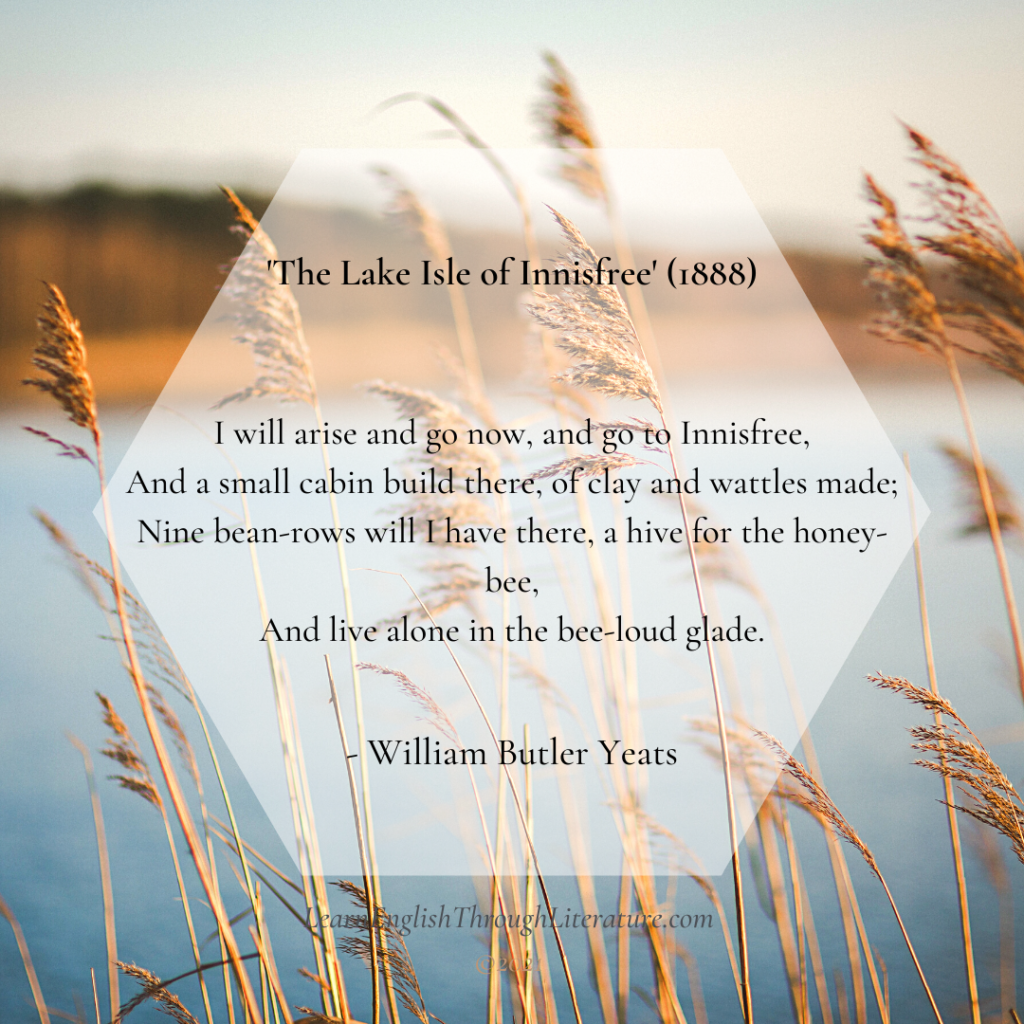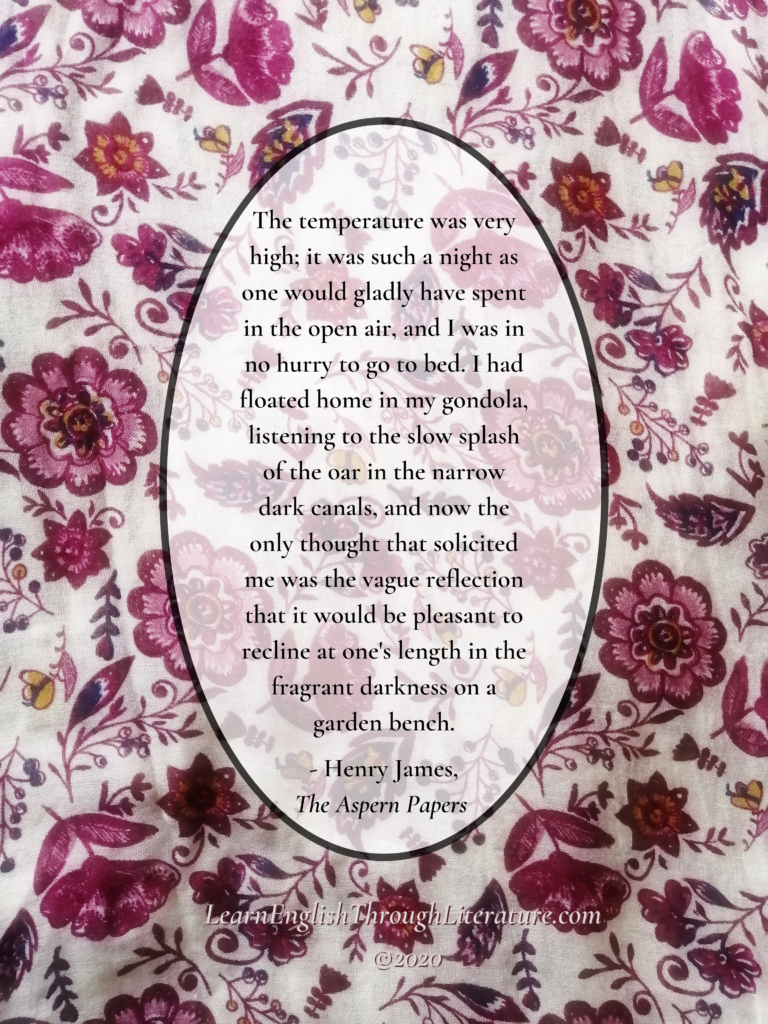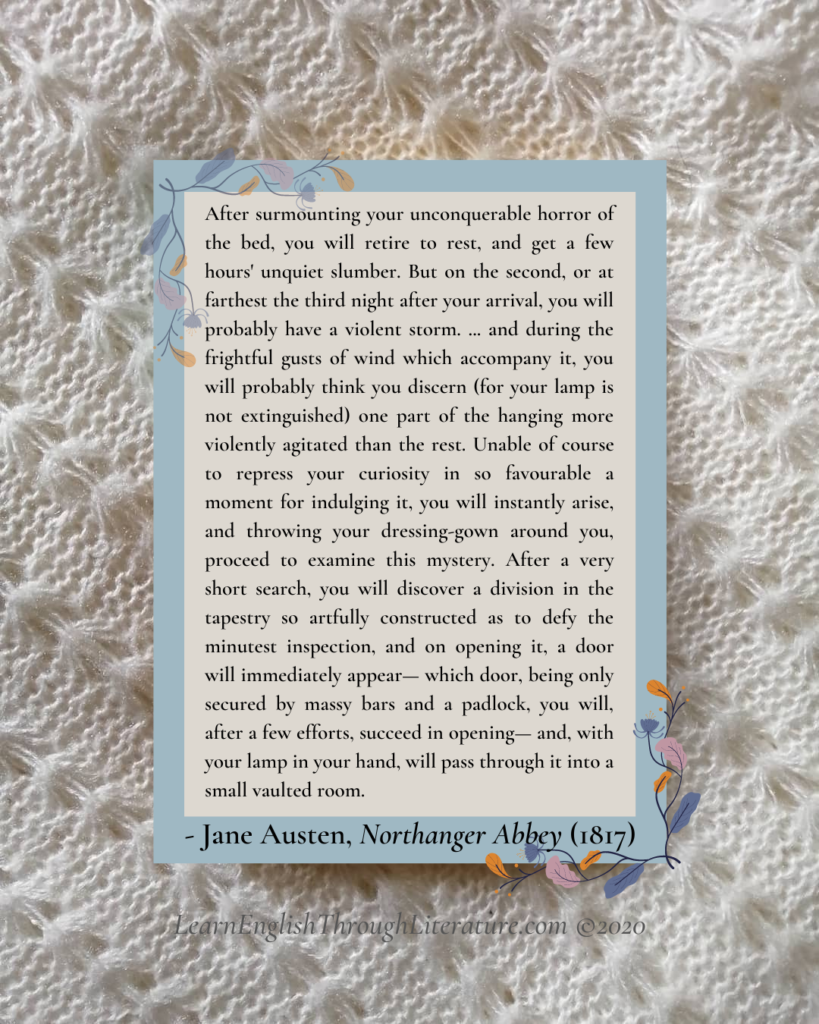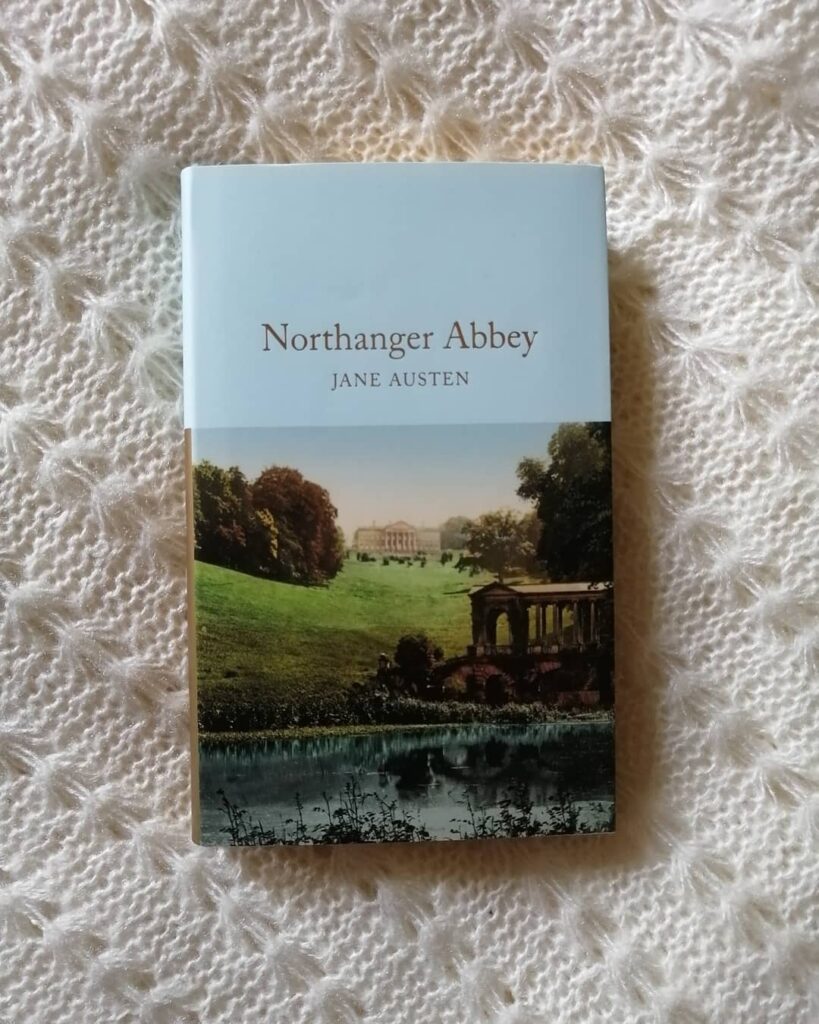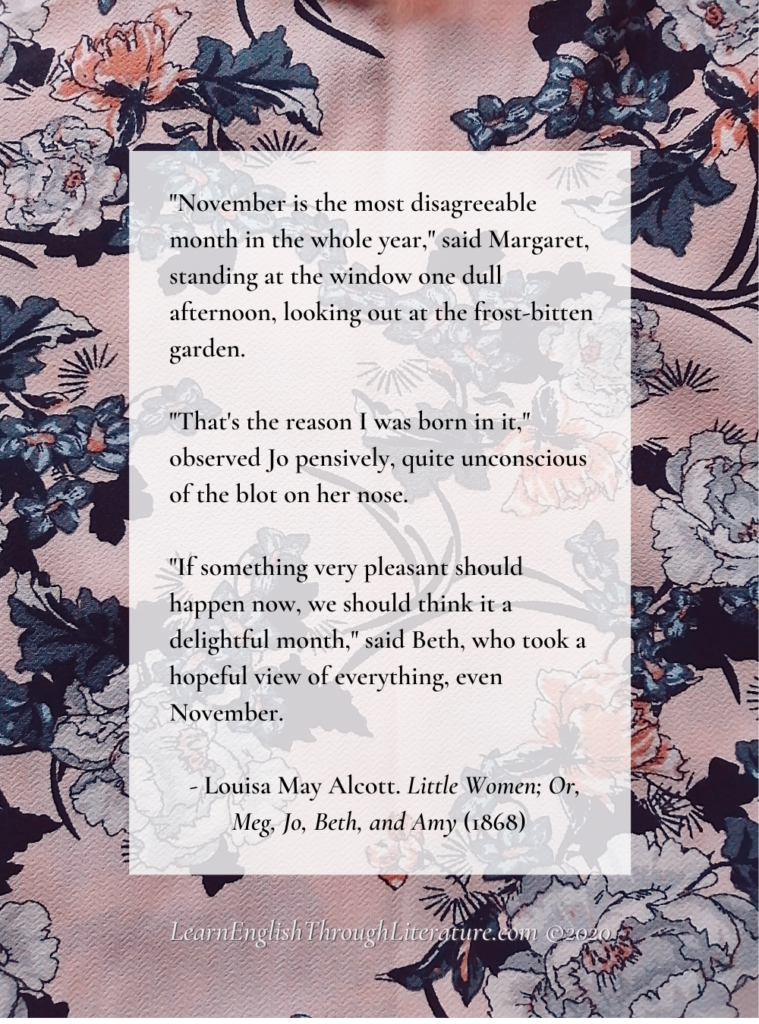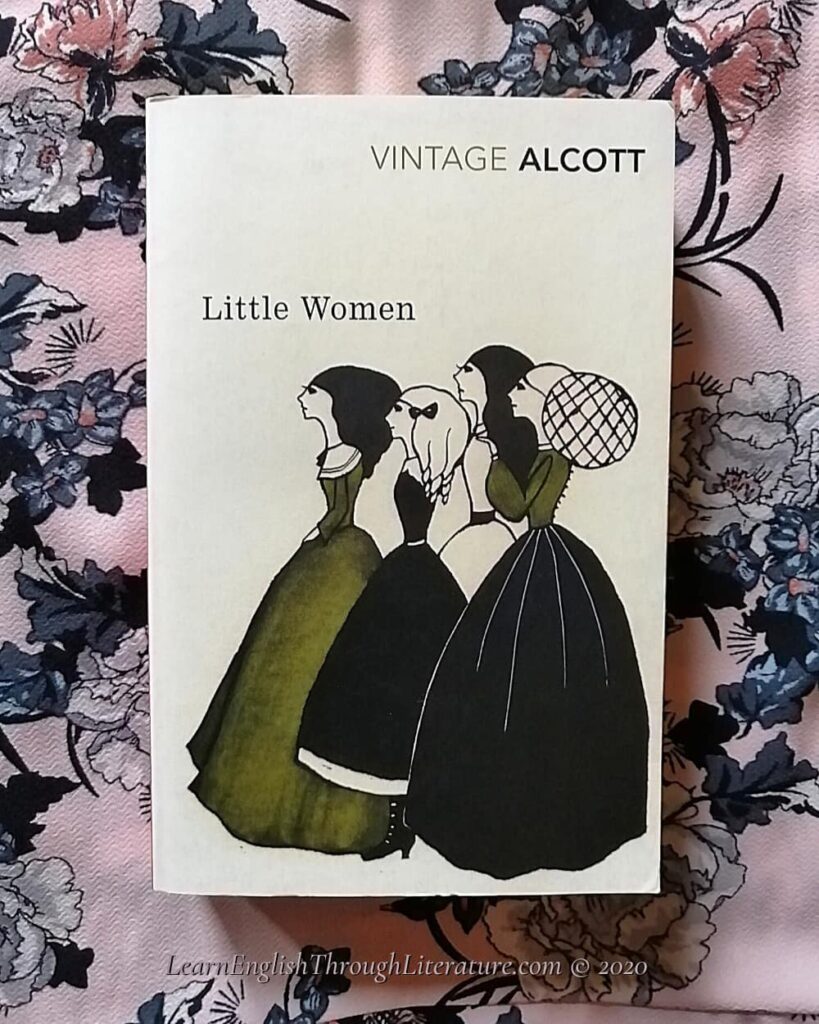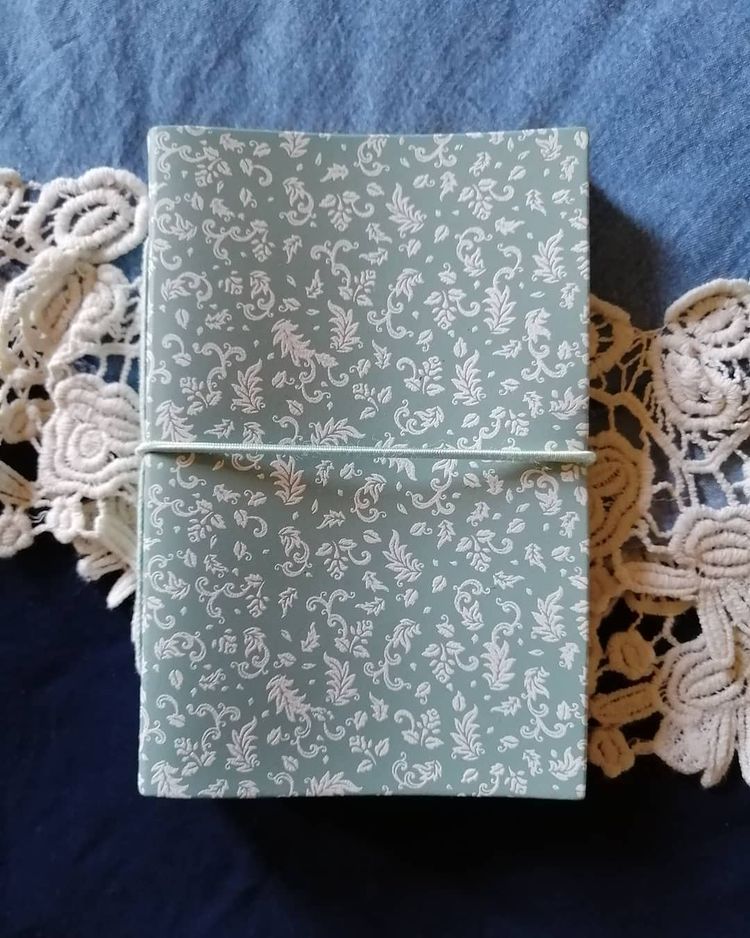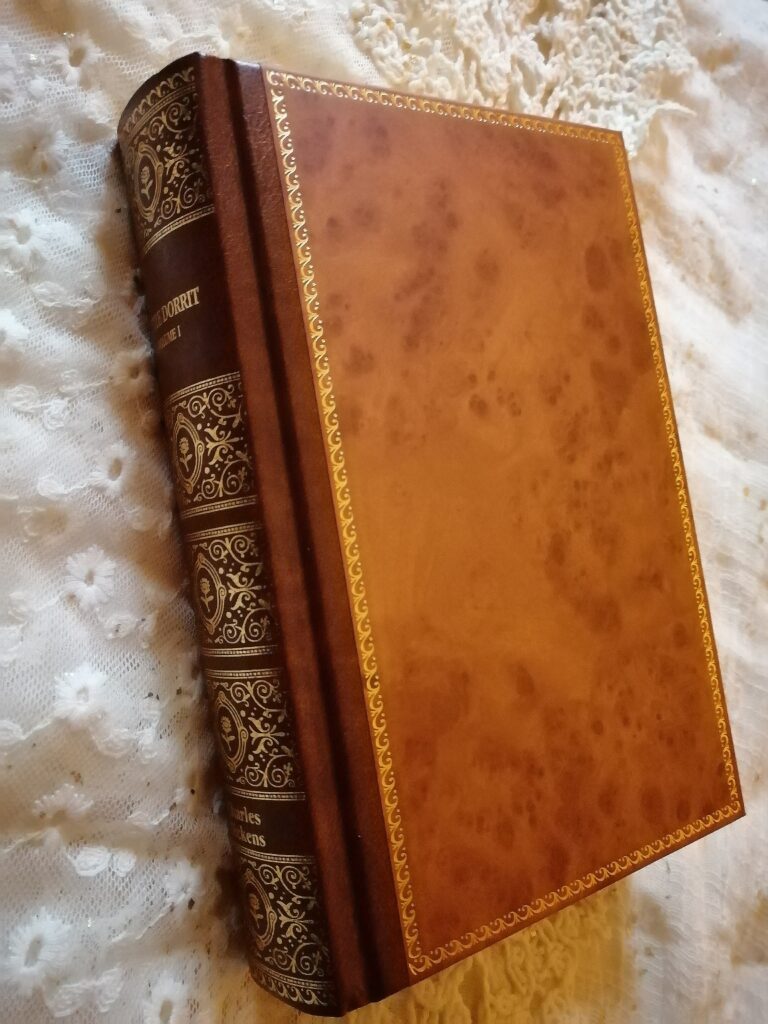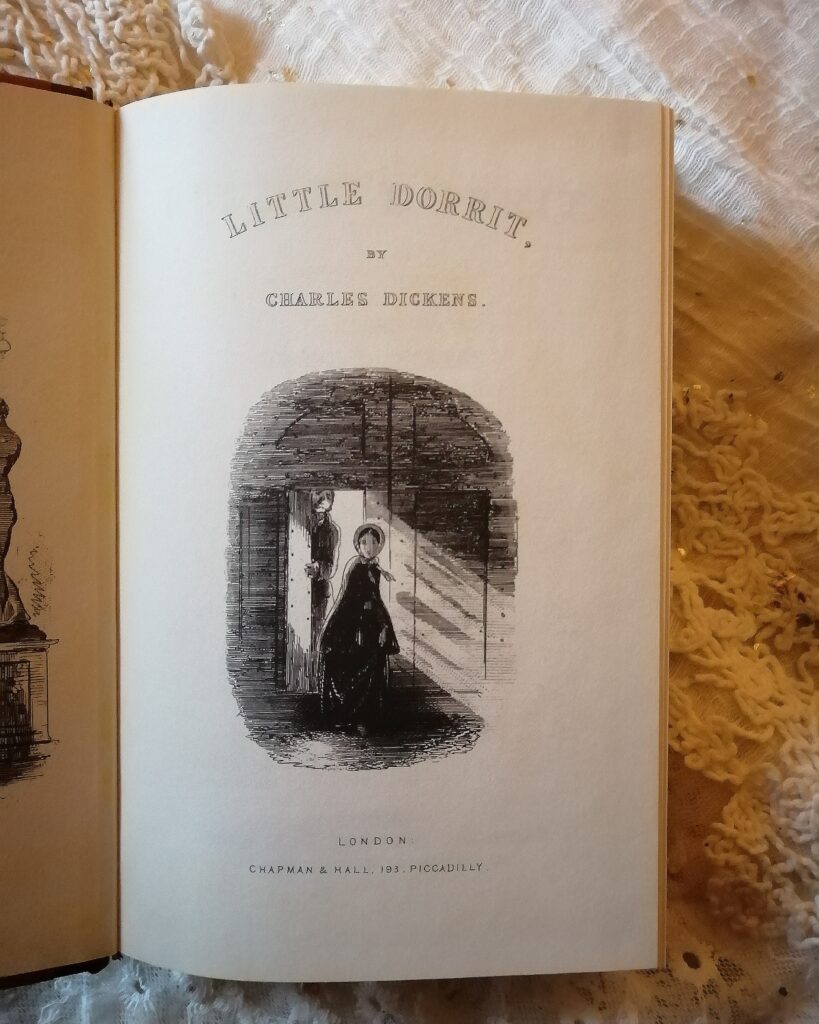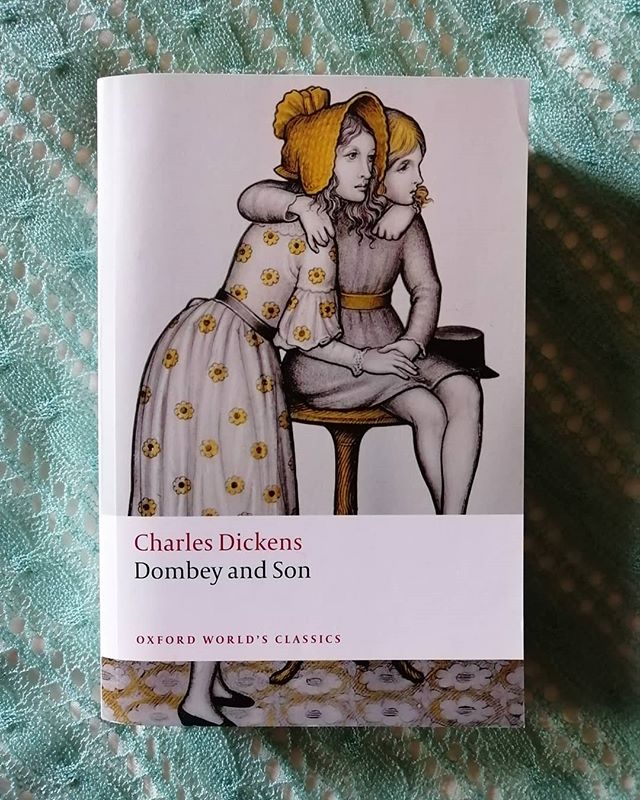Lesson #157: An Oasis to Dream About: Yeats’ ‘The Lake Isle of Innisfree’
📜 I am sharing a poem today that I particularly like: ‘The Lake Isle of Innisfree’ by Irish poet William Butler Yeats (1865-1939). Yeats’ poem rings a chord in these days when we cannot readily travel but can only dream of places of tranquil beauty. In English, we often speak of such places as ‘oases’ […]
Lesson #157: An Oasis to Dream About: Yeats’ ‘The Lake Isle of Innisfree’ Read More »

